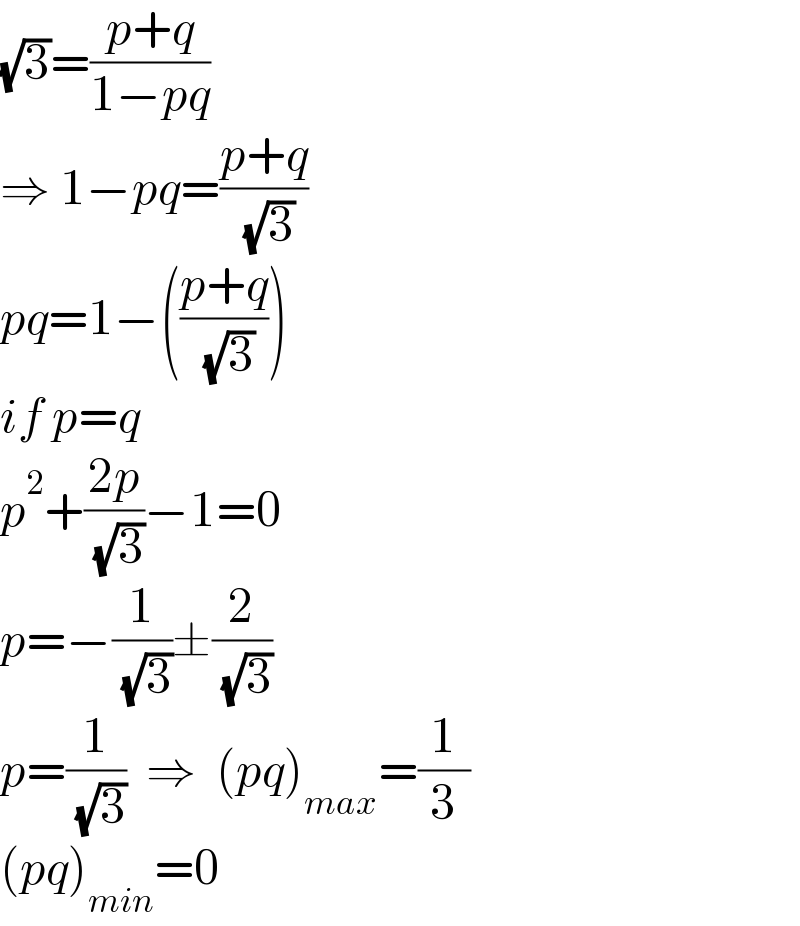Question Number 143858 by gsk2684 last updated on 19/Jun/21

Answered by ajfour last updated on 19/Jun/21

Commented by ajfour last updated on 19/Jun/21

Commented by gsk2684 last updated on 19/Jun/21

Commented by gsk2684 last updated on 21/Jun/21

